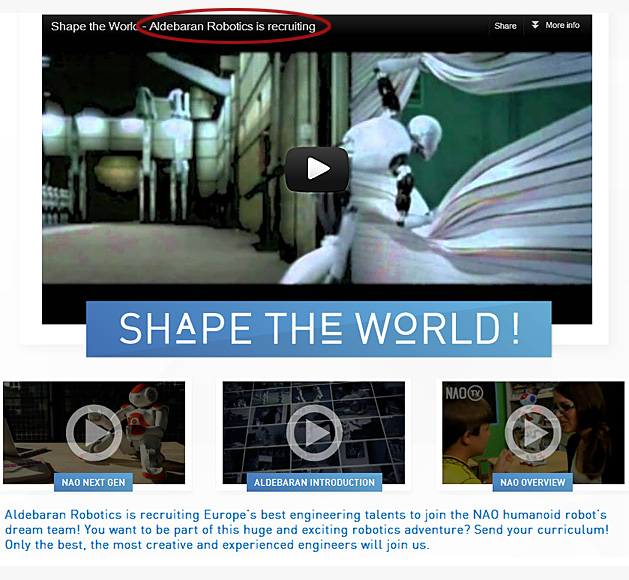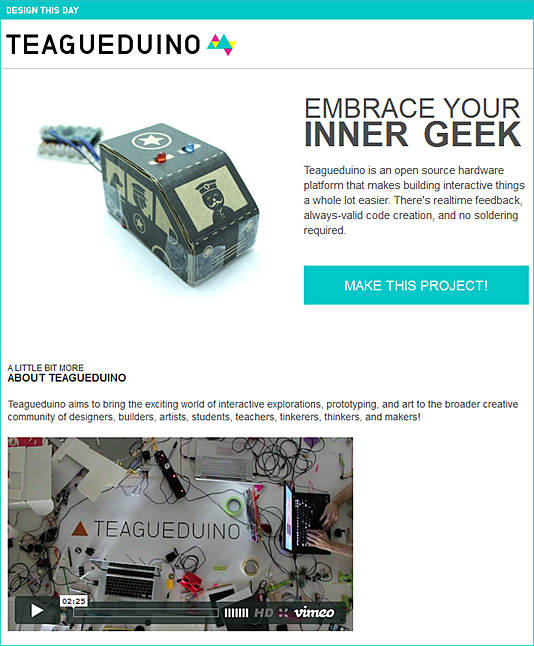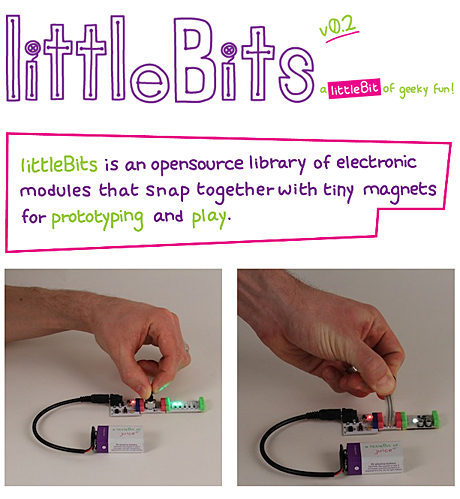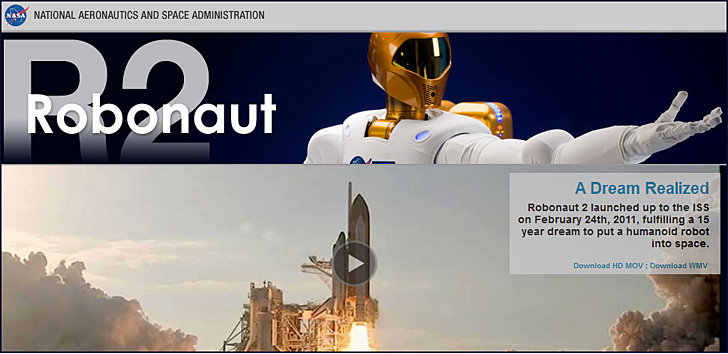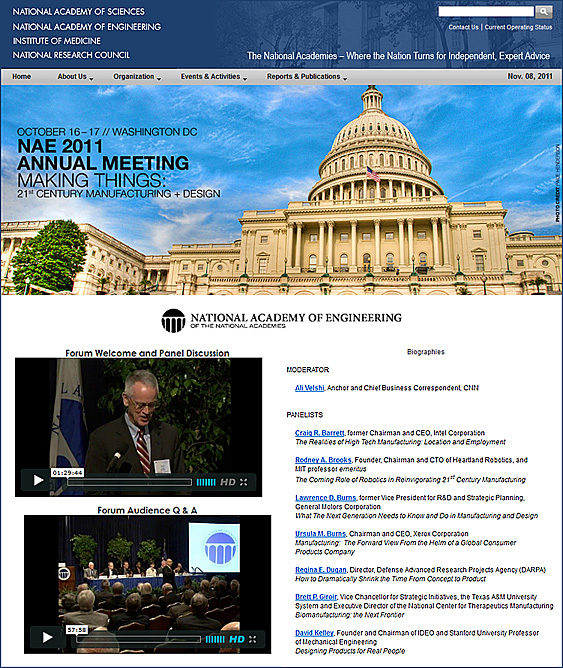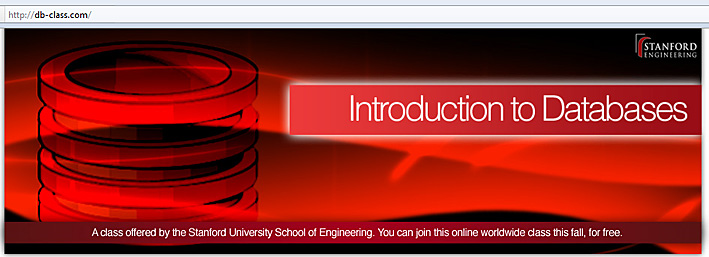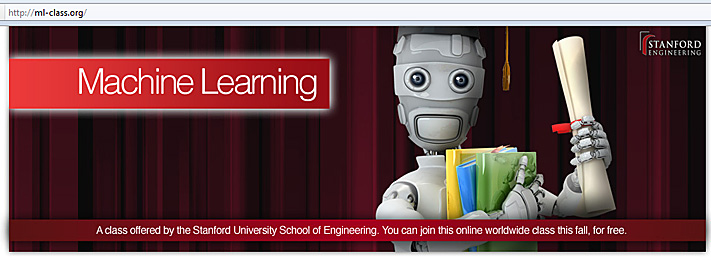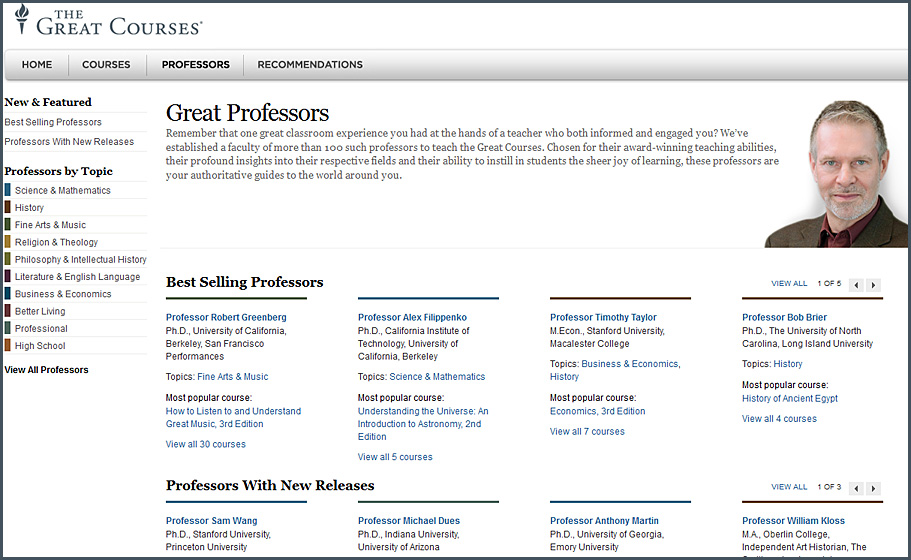MIT launches online learning initiative –from MIT
‘MITx’ will offer courses online and make online learning tools freely available.
Excerpt:
MIT [on 12/19/11] announced the launch of an online learning initiative internally called “MITx.” MITx will offer a portfolio of MIT courses through an online interactive learning platform that will:
- organize and present course material to enable students to learn at their own pace
- feature interactivity, online laboratories and student-to-student communication
- allow for the individual assessment of any student’s work and allow students who demonstrate their mastery of subjects to earn a certificate of completion awarded by MITx
- operate on an open-source, scalable software infrastructure in order to make it continuously improving and readily available to other educational institutions.
Advancing the open front — from InsideHigherEd.com by Steve Kolowich
Excerpt:
Forget free content repositories; the Massachusetts Institute of Technology wants to deliver “interactive” elite education to the masses, complete with credentials certifying “mastery” of MIT-grade coursework.
In the latest boon for the “open education” movement, the engineering mecca on Monday announced a new online learning initiative, called MITx, that will give anyone the opportunity to work through MIT course material and earn a certificate of achievement.
M.I.T. expands its free online courses — from the New York Times by Tamar Lewin
Excerpt:
While students at the Massachusetts Institute of Technology pay thousands of dollars for courses, the university will announce a new program on Monday allowing anyone anywhere to take M.I.T. courses online free of charge — and for the first time earn official certificates for demonstrating mastery of the subjects taught.
…
M.I.T. led the way to an era of online learning 10 years ago by posting course materials from almost all its classes. Its free OpenCourseWare now includes nearly 2,100 courses and has been used by more than 100 million people.
But the new “M.I.T.x” interactive online learning platform will go further, giving students access to online laboratories, self-assessments and student-to-student discussions.











